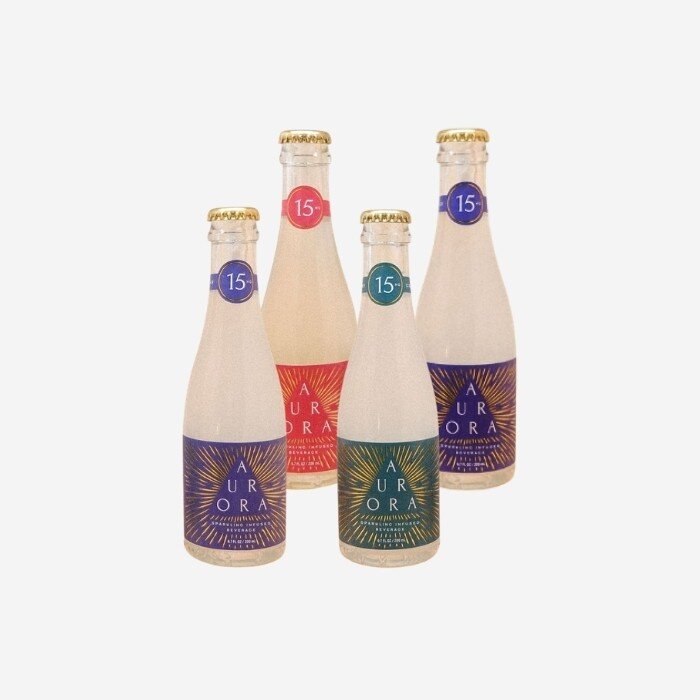What an Unregulated Hemp CBD Market Looks Like
Why our mission with CBD is so critical to us as women, mothers, and caretakers.
Recently, the FDA found over 58% of Hemp CBD products tested were mislabeled for potency within a 20% margin. This means that more than half of the products tested either had less than 80% or more than 120% of the amount of CBD that was indicated on the packaging.
Over 58% of Hemp CBD products tested were mislabeled for potency.
The FDA also found 45% of the Hemp CBD products tested contained more than the legal amount (.3%) of THC—many having enough THC to cause intoxicating effects. Ummm what?! People of all ages use CBD for a number of reasons throughout the day. When consuming hemp CBD products, we are NOT expecting to have intoxicating effects like THC. I could not imagine potentially giving my child, my grandmother, or even myself a dose of CBD that had intoxicating amounts of THC in it without knowing! It’s terrifying to think about just how dangerous this fact is.
While CBD derived from hemp is currently federally legal throughout the United States, hemp CBD is NOT federally regulated, which means any Tom, Dick, or Harry could put something in a bottle, slap a label on it, and sell it as CBD. And from the looks of it, more than half of the CBD brands on the market are doing exactly that.
In partnership with the United Cannabis Business Association (UCBA), Josh Wurzer, President, and Co-Founder of SC Laboratories, Inc, prepared a technical report addressing a number of laboratory tests conducted on product samples purchased at unlicensed CBD shops and retailers throughout Los Angeles, California. The samples, all labeled as hemp or hemp-derived products, had the complete California regulatory compliant cannabis test panel performed on them.
Over 70% of the samples failed either for excessive contamination or did not qualify as hemp.
42% of the samples failed the safety testing compared with approximately 1.5% of samples that fail for contaminants on the regulated THC market.
Possibly even concerning than the overall failure rate is the level of contamination, which SC Labs reported was several hundred times more than allowable limits in some cases. 53% of tested samples labeled as hemp or hemp-based did not qualify, by definition, as hemp. The 2018 Farm bill classifies hemp as cannabis that contains no more than 0.3% total THC.
Furthermore, much like the FDA’s findings, most of the tested products contained levels of THC sufficient to cause serious intoxicating effects which may be entirely unwanted by CBD users.
"The FDA is looking to establish the safety of cannabis from a toxicological perspective. At SC Labs, we've been testing cannabis and hemp for 11 years to protect the consumer from the contaminants and adulterants that we already know to be unsafe and/or dangerous. We've seen a number of producers fail over the years for trying to put forward an unsafe product. So while the FDA is right to want to gather safety data from a patient perspective, this approach needs to start further down the supply chain."—Josh Wurzer, President, and Co-Founder of SC Laboratories, Inc.
These findings are frightening and have only intensified MJ Lifestyle’s mission to continue setting higher standards for the CBD industry. Everyone consuming CBD or thinking about trying CBD needs to know how dangerous purchasing CBD online or from unreliable sources can really be. Our Plant Wellness Membership is the perfect way for women to try CBD & other plant-based self-care products with our seasonal Plant Wellness Boxes. Every three months we hand-select 6-8 CBD self-care products to send to our members. All products are lab-tested, responsibly sourced, and made with natural and safe ingredients.
Click Here for tips on How to Read Third-Party Lab Test Results (Certificates of Analysis)
SPARK THE CONVERSATION
Know someone who could benefit from this article? Share it with them:

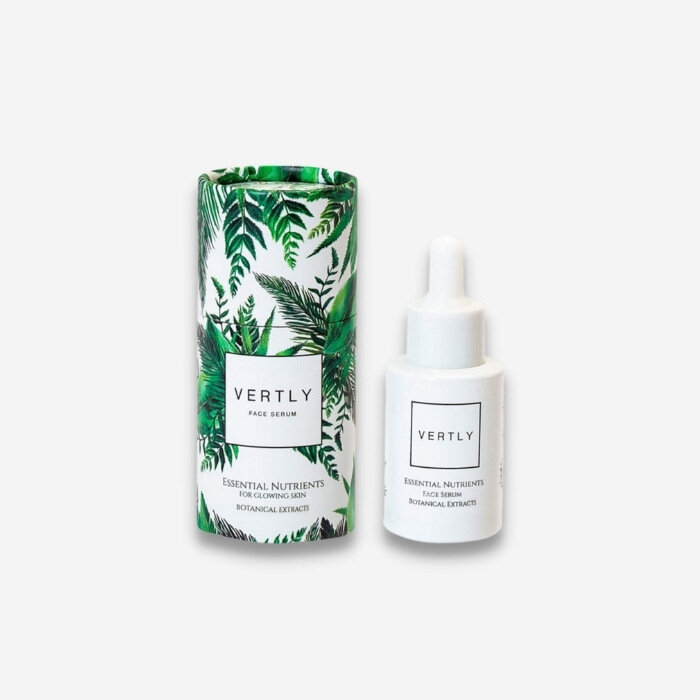





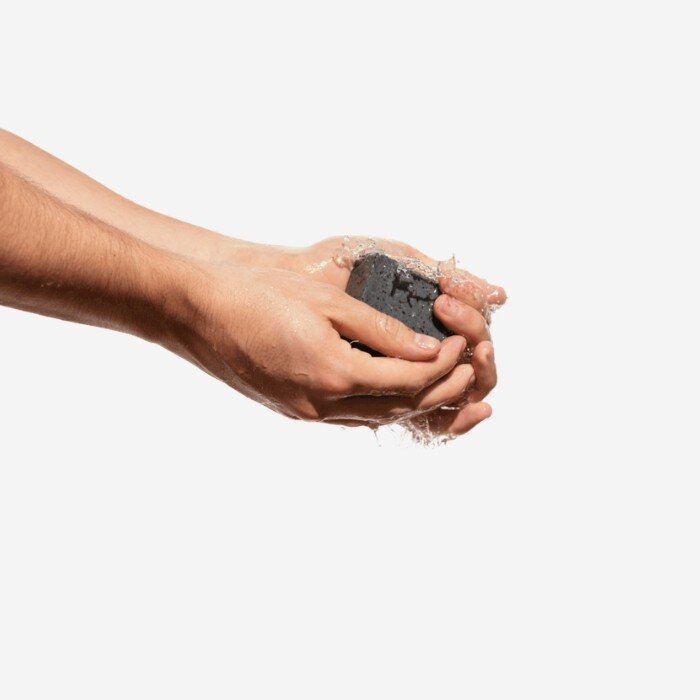
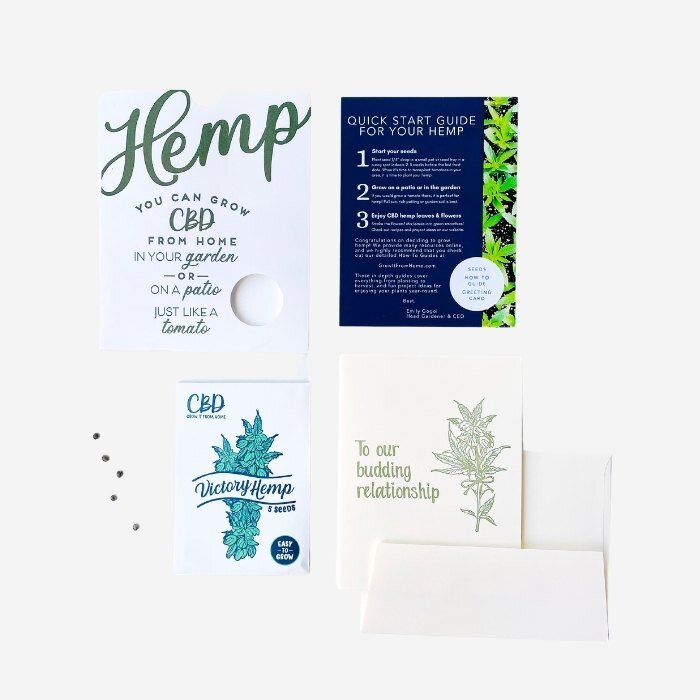
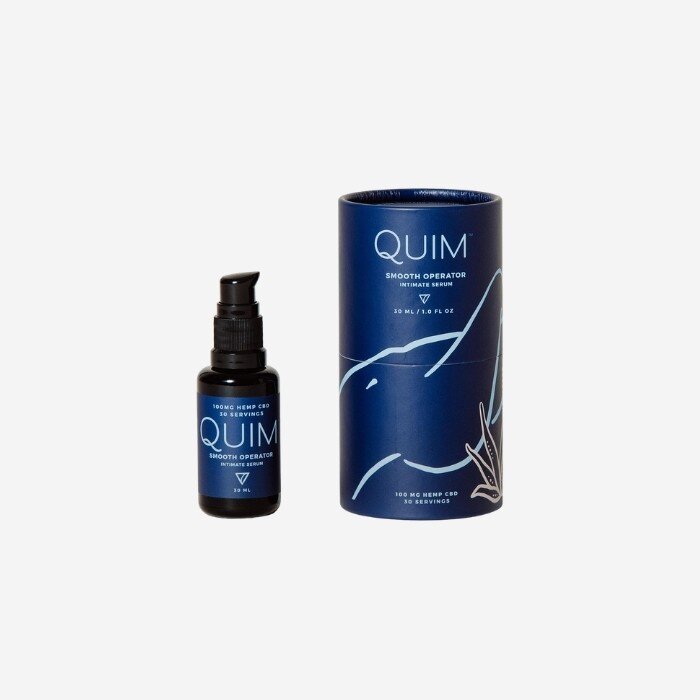

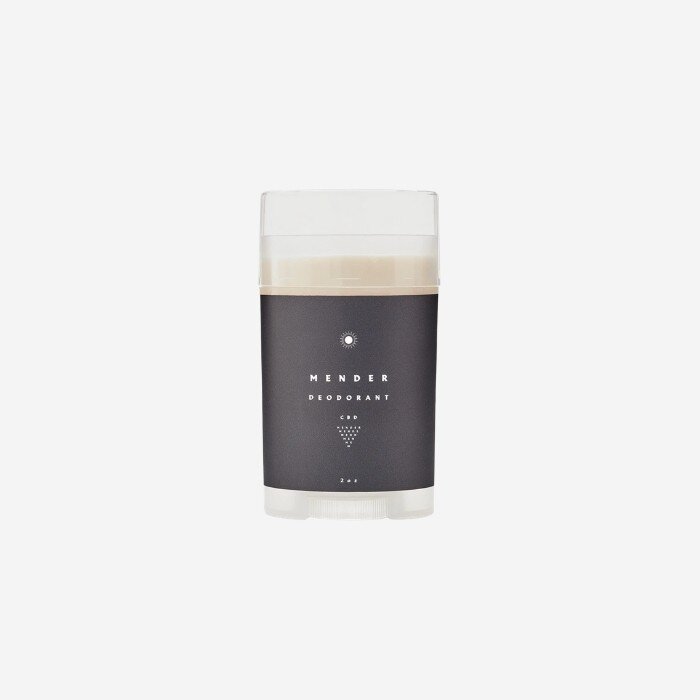


![ISSUE IV: IN HER POWER [Print Issue]](https://images.squarespace-cdn.com/content/v1/59d67df7f43b55d3bba071a1/1625433536206-OGB20J3WYG5IA75VVZJU/MJ+Lifetyle+Issue+4.jpg)



